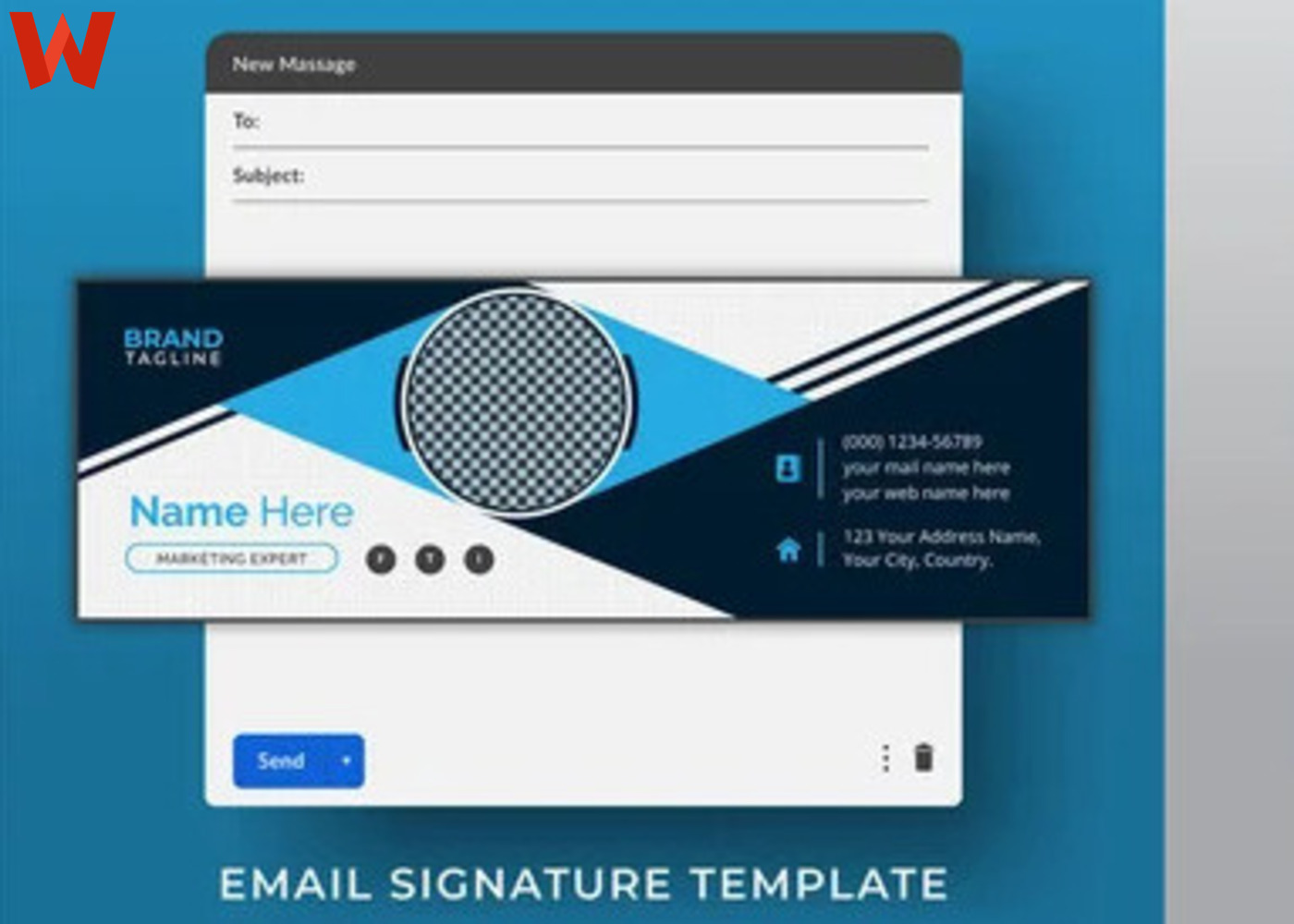
5 reasons why Flask is highly preferred
In the programming paradigm, a "web framework" or "web application framework" is mostly talked about and understood as software that is designed without the need for certain tools or libraries. Web frameworks are vastly designed to support the development of varying web-based applications, and as such, they help create standard procedures for developing the World Wide Web.
Today’s reading will identify one of the distinct microweb frameworks that have found good use in Python programming. You will understand what it entails, why it is so widely used, its features, and the future that lies ahead for its use.
As we proceed, you must bear in mind that this article has been put together by The Watchtower, a web design agency in Dubai and a leading name in the business of web design and development in Dubai.
What is Flask?
Flask is a microweb framework written in Python. It is designed to be lightweight and easy to use, and it is widely used for developing web applications, especially for building simple and small-sized applications.
Flask provides the basic tools and structure for creating web applications and allows developers to build their applications by extending the framework's functionality with various modules and libraries.

Does Flask support a lightweight framework?
Yes, Flask supports a lightweight framework. It provides a minimal set of tools and does not include an ORM (object relational manager) or such features, but it is easily extensible and allows developers to choose the tools and libraries they want to use.
This makes Flask a popular choice for developers who want a lightweight framework that gives them the freedom to build their applications as they see fit.
What does Flask do differently?
Flask does several things differently compared to other web frameworks. Here are some of the key differences:
- Flexibility: Flask is designed to be highly flexible, allowing developers to choose the tools and libraries they want to use in their applications. This makes it easy to extend the framework to meet the specific needs of each project.
- Lightweight: Flask is a microframework, which means it includes only the bare essentials for building a web application. This makes it lightweight and fast, which is ideal for small applications and for developers who want to build their applications from the ground up.
- No built-in ORM: Unlike many other web frameworks, Flask does not include a built-in ORM (Object Relational Manager). Instead, it gives developers the freedom to choose the ORM that best fits their needs.
- Easy to learn: Flask is designed to be simple and easy to learn, making it a great choice for beginners. The framework provides a minimal set of tools and a straightforward structure, making it easy to understand and get started with.
- Minimalism: Flask is designed to be minimalistic, which means that it does not include a lot of the features and functionality that are common in other web frameworks. This makes it easy to understand and use, but also means that it may not be the best choice for complex applications that require a lot of features.
What is the drawback of using Flask?
While Flask has many benefits, it also has some drawbacks that you should be aware of. Some of the main disadvantages of using Flask are:
- Limited built-in functionality: Flask is a micro framework, which means it includes only the bare essentials for building a web application. This can make it difficult to add complex functionality to your application without adding additional components and libraries.
- Scalability: Flask is designed to be lightweight and fast, which is ideal for small-sized applications. However, this can also make it challenging to scale your application as it grows, since you may need to add additional components and libraries to handle larger amounts of traffic and data.
- No built-in ORM: Flask does not include a built-in ORM (Object Relational Manager), which means you will need to choose and integrate one yourself if you need this functionality.
- Steep learning curve: While Flask is designed to be simple and easy to learn, it can still have a steep learning curve for those who are new to web development. It requires a good understanding of web development concepts and technologies, as well as experience with Python.
- Security: Flask does not include built-in security features, such as protection against SQL injection or cross-site scripting (XSS) attacks. This means you will need to add these security features yourself or use third-party libraries to provide them.
Conclusion.
Flask's minimalist approach and lack of built-in functionality can make it challenging to use for larger, more complex applications. However, for small-sized applications and for developers who want a lightweight and flexible framework, Flask can be a great choice.
Feb 13, 2023 by oluwafemi-smith 2.4K Views
Share This Post :
 Facebook
Facebook
 Twitter
Twitter
 Linkedin
Linkedin
 Telegram
Telegram
 WhatsApp
WhatsApp
 Pinterest
Pinterest



